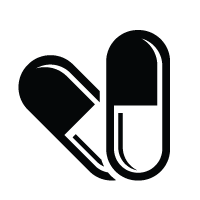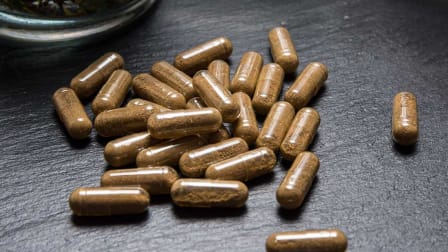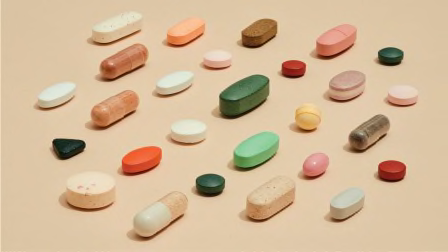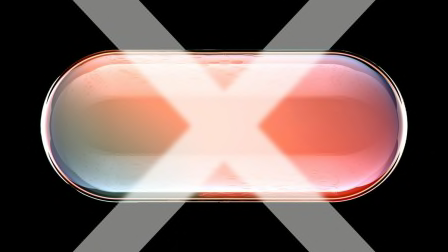How to Choose Supplements Wisely
Third-party groups test them to ensure they contain what's on the label and aren't contaminated
If you’re shopping for supplements in a store, don’t expect much help from the pharmacist or other staffers. That’s the conclusion we drew after sending 10 secret shoppers to ask about echinacea and turmeric in 34 stores (branches of Costco, CVS, GNC, Kroger, Target, The Vitamin Shoppe, Walgreens, and Walmart) in seven states.
In most cases, pharmacists weren’t familiar with potential risks for the supplements on their shelves and rarely warned customers about problems such as interactions with prescription medications. A notable few did; when one saw the list of medications our shopper was taking, he wisely advised her not to take any supplements without consulting her physician.
Because the Food and Drug Administration doesn’t verify that supplements contain what they say they do or whether they're contaminated with heavy metals, bacteria, or pesticides before they are sold, some third-party groups have taken on the role.
These groups (see chart below) include ConsumerLab.com, NSF International, and U.S. Pharmacopeia (USP). USP is a nonprofit organization that sets what CR experts say are the most widely accepted standards for supplements. (It also sets mandatory standards for pharmaceuticals.) The not-for-profit NSF offers two types of certification: NSF Contents Certified and NSF Certified for Sport. ConsumerLab.com, a for-profit company, regularly tests and certifies supplements. A more recent addition is UL, a for-profit company known for testing electronics.
Some of these organizations, such as USP and NSF, list verified or certified products on their websites.
Even if a supplement has been certified to show that it contains what’s on its label, it could still cause serious side effects, according to Pieter Cohen, M.D., an internist at the Harvard Medical School who has worked closely with NSF.
In May, CVS announced that it had completed an initiative to make sure every supplement it sells has been through third-party testing. Seven percent of products didn’t pass the screening, a CVS spokesperson says, mostly because of failures to meet label claims. (The CVS products in CR’s tests were sold before CVS had fully implemented its new initiative.)
Many other stamps you’ll see on bottles (“verified” or “approved”) are meaningless, Cohen says.
| ConsumerLab.com | NSF International | UL | U.S. Pharmacopeia | |
|---|---|---|---|---|
| How does it acquire test samples? | Purchased when a manufacturer requests testing. | Provided by the manufacturer. | Manufacturer-provided or selected by UL at manufacturing location. | Provided by the manufacturer. |
| How often does it retest or spot-check? |
Once every 12 to 24 months, using samples from stores. | Once per year, using samples provided by manufacturer (occasionally purchased in stores). | At least once per year. | One to six times per year, using samples purchased in stores. |
| How much does it charge to have products certified or ingredients verified? | $3,000 to $5,000 per product. | $3,000 to $5,000 per product, plus an audit fee of about $13,000. | $300 to $3,500 for active-ingredient testing. | Varies. Depending on ingredients, can be $3,000 to $15,000 per product, plus an initial audit fee of $15,000 and a label fee of 1 cent per bottle. |
| Are there products it won’t test? | Products containing ingredients known to be unsafe. | Sex enhancement or weight loss products and those with ingredients known to be illegal or unsafe, not recognized by the FDA, or that there’s no test for. | Products containing ingredients known to be unsafe, illegal, or not recognized as dietary ingredients by the FDA. | Products that contain ingredients known to be unsafe, that aren’t recognized as dietary ingredients by the FDA, or that there’s no validated test for. |
Editor's Note: This article also appeared in the December 2019 issue of Consumer Reports.


















